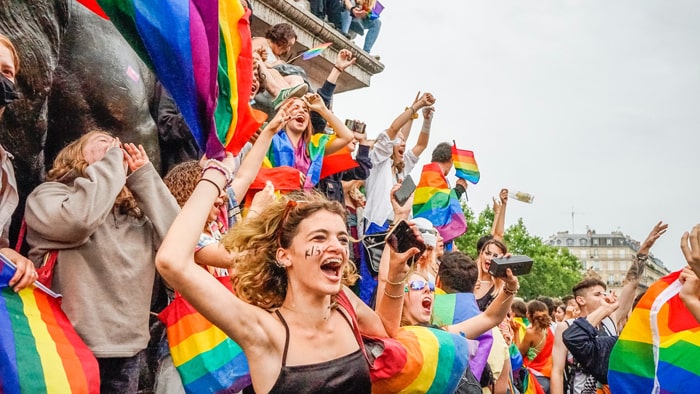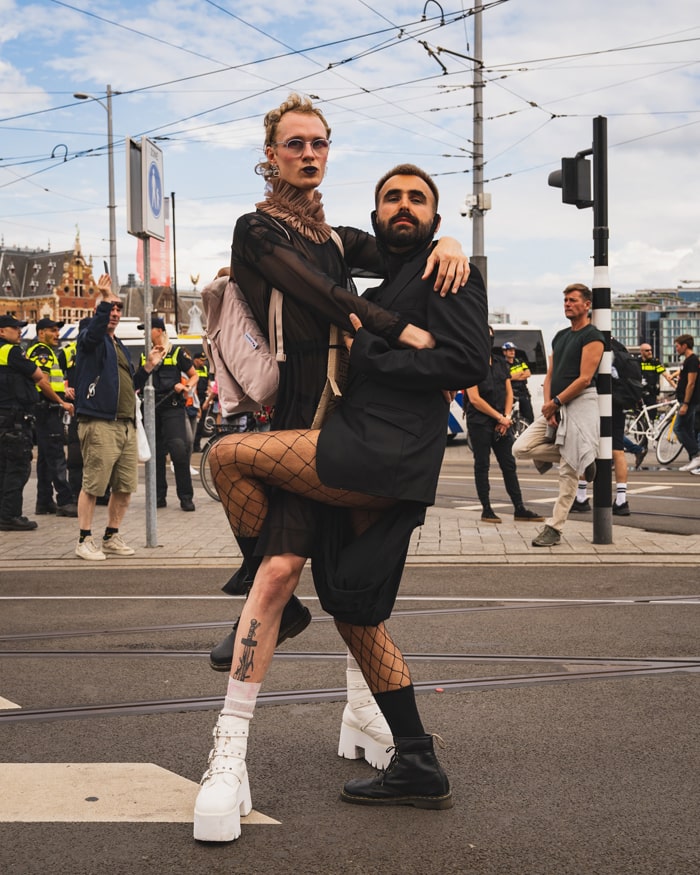WHAT IS LGBT
LGBT stands for lesbian, gay, bisexual, and transgender. It is a term used to refer to the community of people who identify as lesbian, gay, bisexual, transgender, or gender nonconforming.
Being LGBT means having a sexual orientation or gender identity that is not traditionally associated with a person's biological sex. For example, a person who is attracted to people of the same sex may identify as gay, and a person who identifies as a gender other than the one they were assigned at birth may identify as transgender.
The LGBT community has a rich history and culture and has made significant progress in terms of acceptance and equality in many parts of the world. However, LGBT individuals still face discrimination and prejudice in many areas, and it is important to support and advocate for their rights.

LGBT ETYMOLOGY
The term "LGBT" is an acronym that stands for lesbian, gay, bisexual, and transgender. It is used to refer to the community of people who identify as lesbian, gay, bisexual, transgender, or gender nonconforming.
The origins of the term "LGBT" are not clear, but it is thought to have emerged in the late 1980s as a way to encompass a broader range of identities and experiences within the LGBTQ+ community. The term "LGBT" has since become widely used as a shorthand for referring to this community.
The term "LGBT" is not without controversy, as some people argue that it does not adequately represent the diversity of identities and experiences within the community. Some people prefer to use the term "LGBTQ+" (which stands for lesbian, gay, bisexual, transgender, queer, and plus) to be more inclusive of a range of identities and experiences.

LGBT CULTURE
The LGBT (lesbian, gay, bisexual, and transgender) community has a rich and diverse culture that encompasses a wide range of identities, experiences, and expressions.
LGBT culture can include literature, film, art, music, and other forms of creative expression that are created by or for the LGBT community. It can also include events and spaces that are specifically intended for the LGBT community, such as Pride parades, club nights, and community centers.
LGBT culture is often shaped by the struggles and triumphs of the community as it has fought for acceptance and equality. It can also be influenced by the larger culture and society in which it exists, as well as by the intersectionality of other identities and experiences, such as race, ethnicity, class, and ability.
It is important to recognize and celebrate the diversity and richness of LGBT culture, and to support and advocate for the rights of the LGBT community.
LGBT HISTORY
The history of the LGBT (lesbian, gay, bisexual, and transgender) community is a long and complex one, encompassing a wide range of identities, experiences, and cultural expressions.
LGBT people have been present in all societies throughout history, although their experiences and identities have often been marginalized, criminalized, and stigmatized. In many parts of the world, homosexuality was considered a crime and was punishable by imprisonment or even death.
In the 20th century, the LGBT community began to mobilize and advocate for their rights and acceptance. The Stonewall Riots in 1969, which were sparked by a police raid on a New York City gay bar, are often considered a turning point in the modern LGBT rights movement.
Since then, there have been many significant milestones in the fight for LGBT equality, including the legalization of same-sex marriage in many countries and the recognition of transgender rights.
However, the struggle for acceptance and equality is ongoing, and the LGBT community continues to face discrimination and prejudice in many parts of the world. It is important to recognize and celebrate the history of the LGBT community and to support and advocate for the rights of LGBT people.


You must be logged in to post a comment.